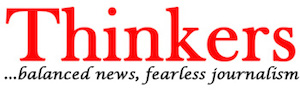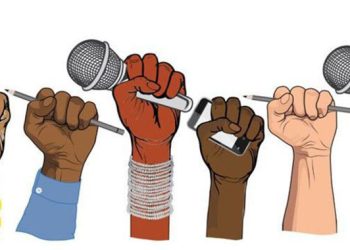African leaders from 43 countries agreed to step up efforts to strengthen the quantity, efficiency, and impact of investments in their people in the newly announced Dar es Salaam Declaration. Sub-Saharan Africa scores the lowest of all the world’s regions on the World Bank’s Human Capital Index (HCI) yet faces a youth bulge that could be leveraged to supercharge African economies if the right policies and investments are implemented today.
The leaders met for two days at the inaugural Africa Human Capital Heads of State Summit convened jointly by the Tanzanian government and the World Bank.
The summit was a call to action at the highest level to the importance of investing in Africa’s people as a core driver of innovation, productivity, resilience, and growth on the continent.
It also underscored the urgency of addressing Africa’s young and rapidly growing population, and the need to create productive employment and functioning markets that can make the most of these changing demographics.
Africa’s Human Capital Index (HCI) score of 0.40 means the region is only reaching 40% of its productivity potential.
Many children and young people in Sub-Saharan Africa face significant barriers to realizing their potential due to insufficient access to and poor quality of critical services such as health and education.
Today, about 89% of 10-year-olds are unable to read and understand a simple text. These challenges have been further exacerbated by various crises including pandemics such as COVID-19, conflict, and climate change-induced droughts and floods.
The Dar es Salaam Declaration constitutes tangible financial and policy commitments made by African leaders to prioritize investing in people with a focus on reaping a demographic dividend.
The declaration recognizes that Africa’s most important asset is its people and there is no time to waste.



















